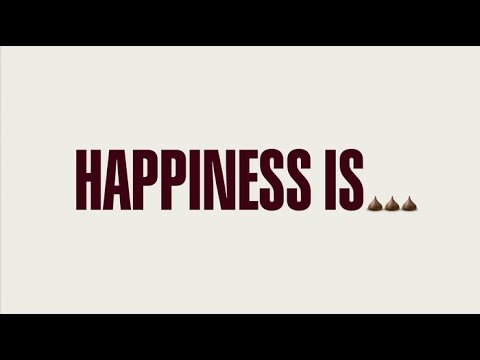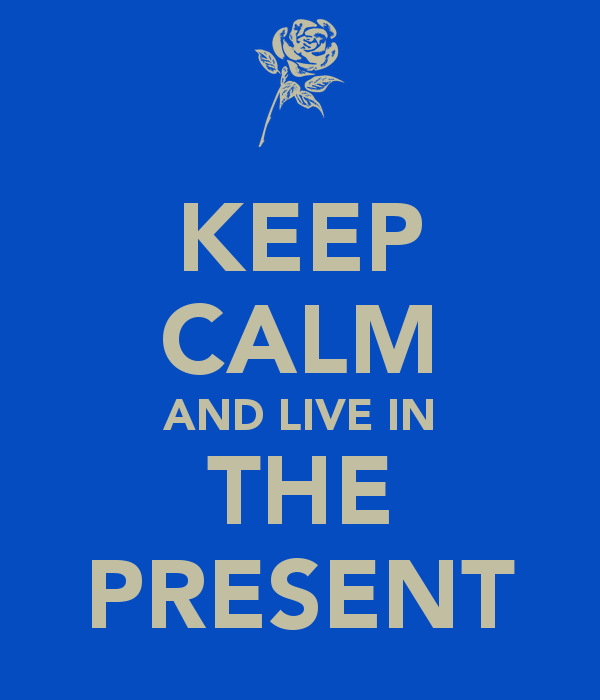Happiness seems to be elusive and misunderstood in today’s busy, distracted and confused world. But in reality, being happy is extremely easy. The feeling is misunderstood because contrary to what is popularly believed, happiness doesn’t just come to you. You have to work on yourself and on your environment to sustainably be and stay happy. I consider myself a very happy person in general. I am not anxiety-proof, but I have successfully fought anxiety several times and bounced back to be happy within a matter of minutes or at most a couple of hours. Here are my thoughts on intentionally designing your life to be happy.
Do we agree upon what’s happiness?
There is no universally accepted definition of of happiness. Most of the definitions focus on two causes for happiness: Pleasure and security. Taking pleasure in your activities is believed to lead to happiness. An assurance of safety and security leads to peace, which in turn is believed to lead to happiness.

But, there are certain groups of people, usually spiritual and monk circles who don’t agree with such simple definitions of happiness. They argue that no object or activity from the material world can keep you permanently happy, nor should you depend on them for happiness. They pepper their talks with jargon like ‘holistic’, ‘state of mind’, ‘essence of life’, ‘transcend mind, body and soul’, etc. Frankly I have NEVER understood a single word or phrase that sounds like that. If all these hard-to-understand terms work for the people who preach them, so be it. I don’t find those jargon actionable. If something is not actionable, then it is not for me 🙂
I am a process-addicted person from the technical world of software engineering. The only terms I understand are actions, experiments and results. Define a result clearly and tangibly. Plan an action for a result, experiment sufficiently to see if the actions lead to desired results. If they work, I know what I should continue to do. If they don’t, find another process. Rinse and repeat. I am unable to follow any advice that doesn’t tangibly tell me what to do. I stay away from advices that simply preach principles. But that’s just my way. I encourage you to read on.
What is MY definition of happiness?
Let me make it clear that this is my definition and may not be sufficient for you. I will also not accept an argument that my way is WRONG. There are multiple paths to happiness as long as one is sustainably happy.
My simple definition is that if I do 20 activities per day and 15 of them feel pleasurable, then I have had a perfect day. If less than 10 of them feel pleasurable, then I have work to do.

Please note a BIG difference. I have highlighted only PLEASURE and not SUCCESS. If you love chess, the mere act of playing a board should make you feel pleasurable. Losing shouldn’t make you want to give up chess. In fact if you are losing, you should feel an urge to joke about it and laugh at yourself, thus making everyone around you merrier. If you say you love chess, it should be so pleasurable to you that you look beyond results. If an activity is merely pleasurable when things are going your way, then that activity isn’t really your happy place and you need to keep looking.
Happiness is not a distant goal, it is here and now
Making happiness a distant or imagined goal is problematic. ‘I will be happy the day I am resting on a shack on my own luxury boat.’ ‘I will be happy and peaceful, the day I leave all this and become a monk in a monastery in the Himalayas forever.’
I have two problems with ‘happiness goals’ like this. My first point is that neither goal has to be distant in the first place. It is easy to rent a luxury boat today instead of buying one later. It is possible to try a monk’s life in monasteries like Spiti’s Key monastery, where you can stay and volunteer for a week. If those activities are really what you want, then you have the opportunity now.
The second problem is that the goals are imagined and extrapolated based on a documentary, novel, movie or Internet sources. You may have cherry-picked sources that show you the pleasurable side and not the difficult side. Are you mentally prepared to clean seagull droppings from your luxury boat’s deck every morning? Are you mentally prepared to fetch buckets of water from an ice cold river and give up bodily pleasures like making love? Like a monk in the Himalayas does? Nothing can tell you if an imagined experience is pleasurable or tortuous, unless you are taking part in the experience already.

Happiness should be designed for your life as it is today and right now. With the places around you. With the people you love. Not foreseen or planned for a distant future.
You need to do the work
I have often heard talk about how some people are ‘naturally’ happy. How they take the positive side of everything and are always smiling. The term ‘naturally happy’ can accurately describe infants under 5 years of age. Some are happy, some grumpy, some curious, some petrified and some expressionless.
Adults can’t be classified as naturally happy or sad. Being happy is a choice that can be exercised every moment. Happiness won’t be handed to you on a platter. In a world with expectations and outcomes, there will always be conflicts. You may have expectations, but cannot control outcomes.
To be a happy person, you should be able to freely change one of two things. Adjust your behaviour or environment so that the outcome is pleasurable. Or adjust your attitude to see the positive side.
Adjusting your behaviour or environment
I write this post during a COVID lockdown. Grocery shops, most of which open at 7 am, have serpentine queues by 6:45 am every morning. It takes about 15-20 minutes to enter a shop and another 20 minutes for a turn at the billing counter. It may take an hour for a grocery shopping session. At the start of the lockdown, the mere thought of having to replenish groceries was making me grumpy. Spending nearly an hour shopping for groceries is not my idea of a happy morning.
As per my morning routing, I work out at home (no gym during lockdown) at 6 am with a kettle bell these days. But before that I take a brisk walk or a jog on the streets around my home as a cardio and warmup. During one such session, I noticed a grocery shop that opened as early as 5:45 am. So I chucked my walk around the streets and instead have started shopping at this shop every morning. My warmup is my walk around the aisles of this shop. Very few people wake up and come shopping so early, so I am in and out of the shop in 10 – 15 minutes, having had the time to pick the juiciest tomatoes or the best brand of garam masala. Shopping is a pleasant activity and my mornings are happy.
But this was possible because I put in the work. I noticed the shop and adjusted my behaviour and my morning routine. The environment around me had changed (the shop opening early) and I was receptive.
Likewise you can design happiness by changing your environment. If a warm bed is too uncomfortable and your sleep is torture, you can get an air conditioner. You can turn finding things around your house from an annoyance to a happy moment by organising your stuff.
Adjusting your attitude
Displeasure is caused by a conflict between expectation and outcome. A healthy change in attitude is to have low expectations or not have any at all.
What would happen to me if the grocery shop I mentioned above were to suddenly close? Nothing. I would just go back to one of the shops that open at 7 and have a queue. I’d have no expectation that my shopping is going to finish within 15 minutes in any such shop. So I would carry by phone with me to listen to podcasts. 10 people ahead of me in the queue? “Yaaay, that gives me the time to listen to two podcast episodes and learn a lot.” 20 people? “Yaaay, 4 podcast episodes!”
Expectation of displeasure can actually allow you to think more creatively about how you will handle the situation. Low expectations keep you from asking too much of a situation. A combination of both usually do away with bitter disappointment.
Deriving pleasure from your job without the expectation of raises or promotions will keep you calmer and performing at your best. Deriving pleasure from a game without expecting to win makes the game more fun.
Conclusion
I may not have given you the perfect definition of happiness. But I have given you a simple and practical way to approach it. I have given you things to act on, measure and adjust. Just like a scientific experiment. After all, you need to put in the work to make yourself happy and stay there.
